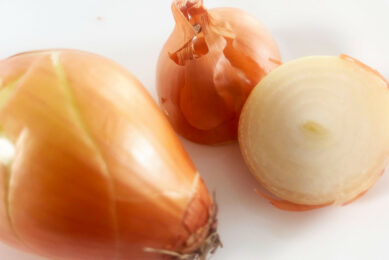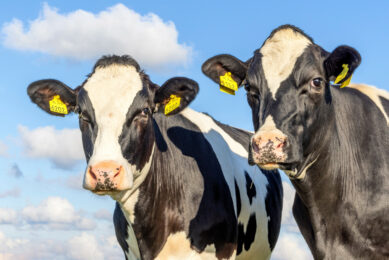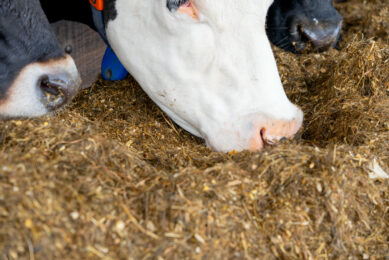Dairy cooperative shares results of feeding DDG to cows
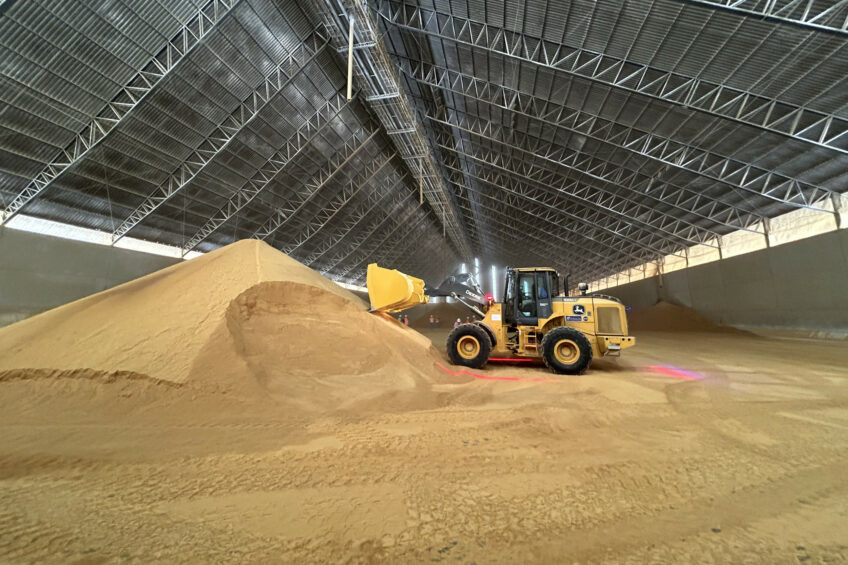
Coopernova, a dairy cooperative based in the northern region of Mato Grosso, Brazil, has been revolutionising milk production in the area by adopting the use of dried distillers grains (DDG) in the feeding of its herds. According to Milton Dalmolin, Coopernova’s vice president, this practice has shown remarkable results since its implementation in 2017.
Coopernova, which comprises about 1,000 dairy producers, records an annual milk collection of 40-49 million litres in Terra Nova do Norte municipality. Since 2017, the cooperative has incorporated dry and wet DDG in animal feeding from FS company, with a 20% inclusion in the total diet of the herd.
DDG positive impact
Dalmolin highlights that the first positive impact was reducing production costs when soybean and maize prices were high between 2019 and 2023.
Currently, Coopernova has a programme for the direct delivery of wet DDG to the producers’ properties. Between 2022 and 2023, 7,500 tonnes of wet DDG were distributed for dairy cows, in addition to 1,800 tonnes of dry DDG, totalling between 9,000 and 10,000 tonnes per year.
“Wet or dried DDG for milk is spectacular,” says Dalmolin, who is also a dairy producer.
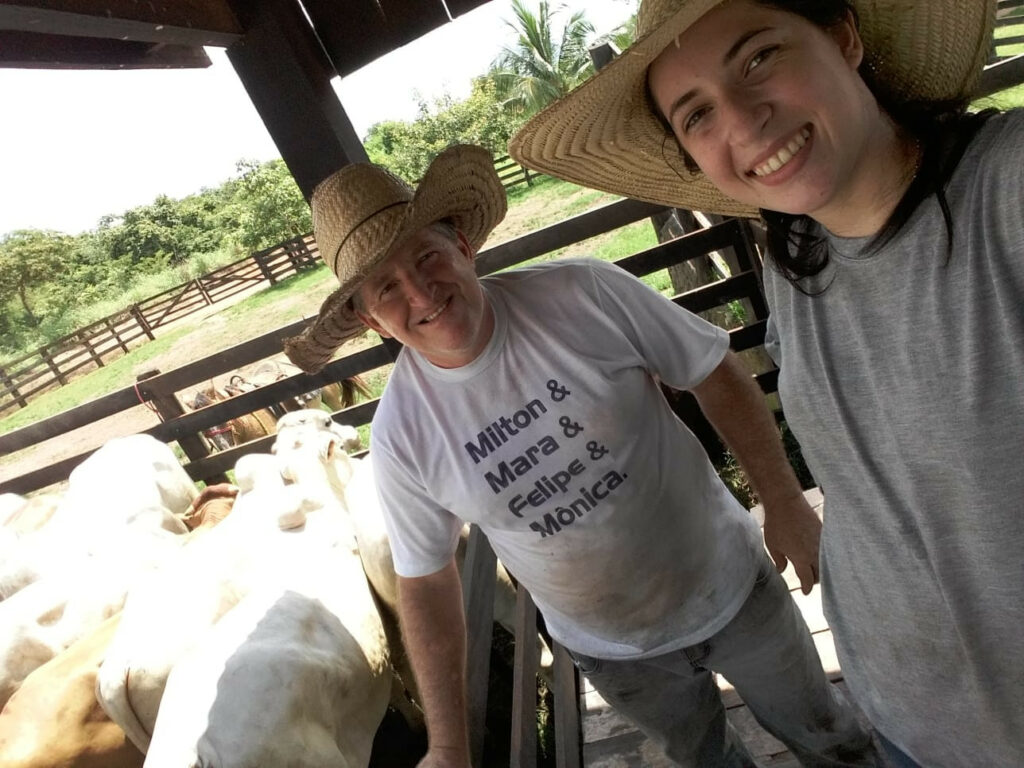
Nearly double dairy production
He notes that this supplement in the feed nearly doubled his production, from 10 to 18 litres per animal per day. However, the result varies depending on the stage and breed of the animals, which are predominantly of the Girolanda breed, with some Jersey and Holstein.
Dalmolin explains that the proximity to the industry is a significant advantage. The cost of wet DDG delivered to the property is €0.06 per kg, compared to €0.34 for soybean meal and €0.24 for maize meal, with superior performance. Additionally, the wet DDG is ready to use and contains maize oil, a high energy content.
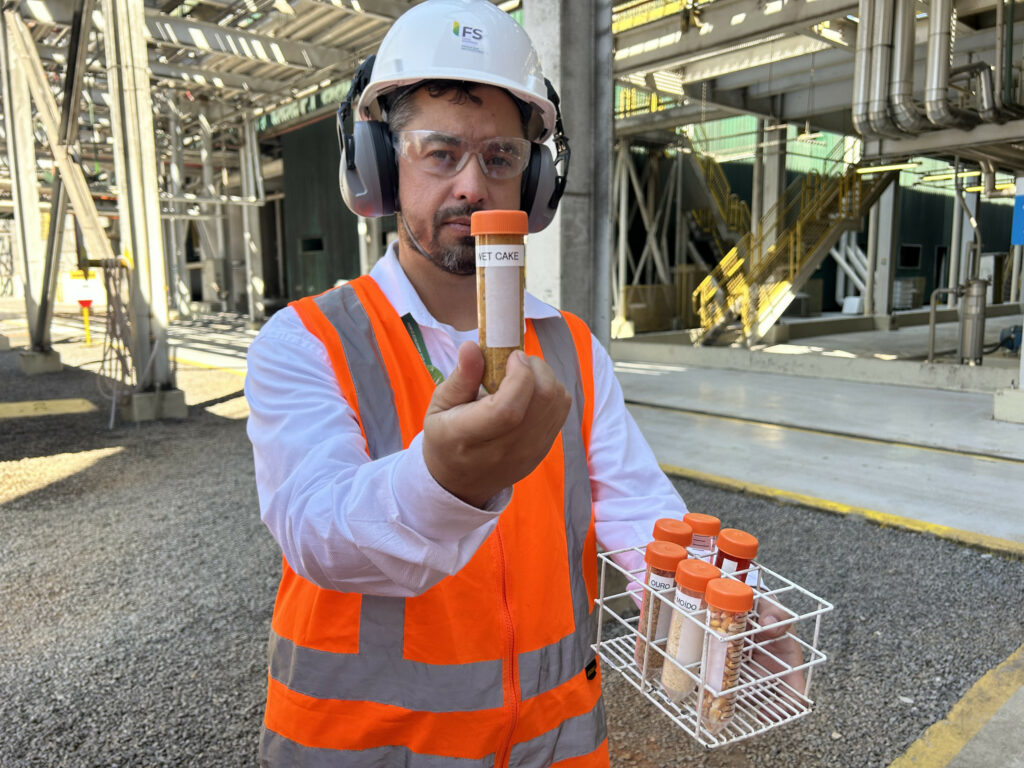
Feed management
The simplicity of handling is another benefit highlighted by Dalmolin. Wet DDG can be stored in the yard, covered with a tarp, and remain in good condition for up to 6 months.
“There is no problem of mould or deterioration. Even producers without warehouses can adopt this practice,” he emphasises.
With 40 animals on his property, Dalmolin sees the same efficiency applied to Coopernova producers with larger herds, ranging from 70 to 120 animals.
“I believe that DDG/DDGS is encouraging some producers to resume dairy farming, having previously abandoned it due to high production costs,” he supposes.
Coopernova also stands out in the dairy industry, with a daily production of 200,000 litres of milk destined for cheese production and other dairy products. Additionally, the cooperative is the only one 100% based in Mato Grosso to produce powdered milk, with a capacity of 300,000 litres per day, mainly serving the markets of São Paulo, Rio de Janeiro, and Minas Gerais.
Join 13,000+ subscribers
Subscribe to our newsletter to stay updated about all the need-to-know content in the dairy sector, two times a week.



